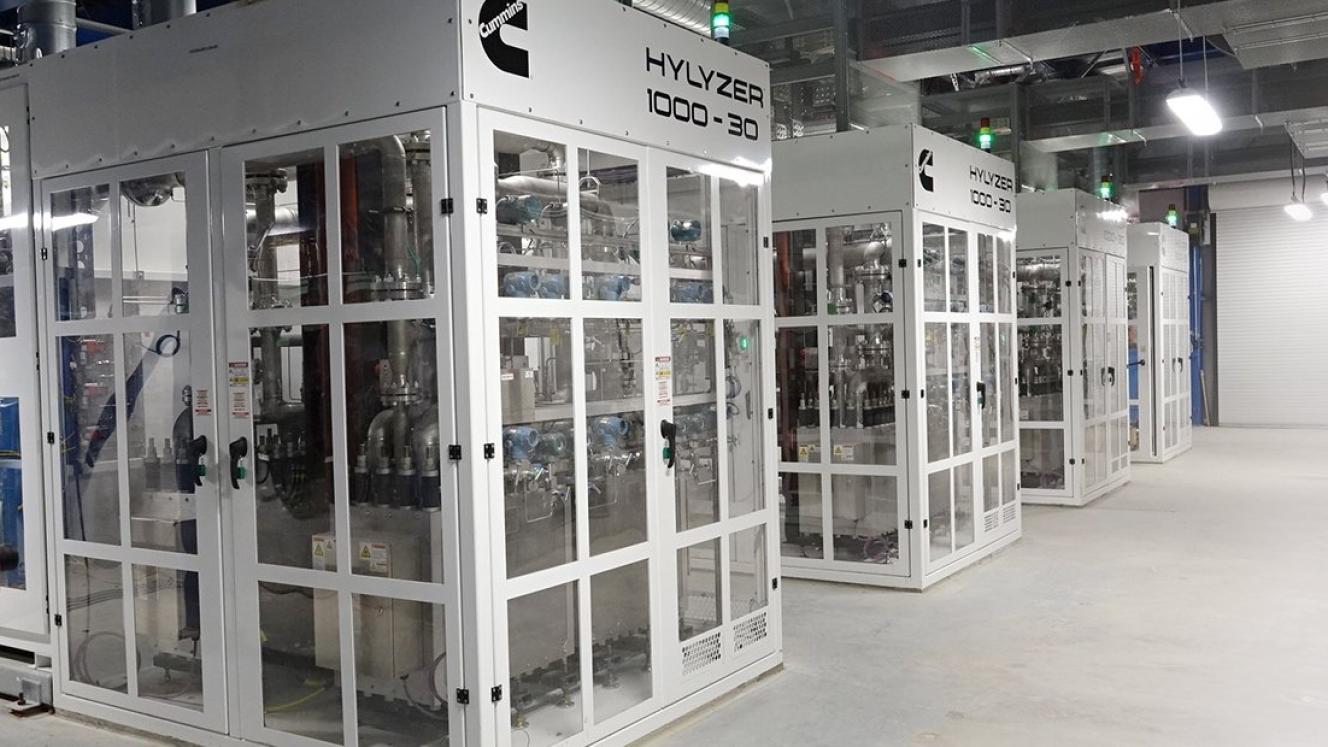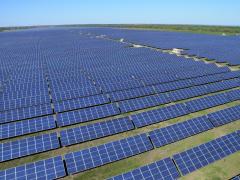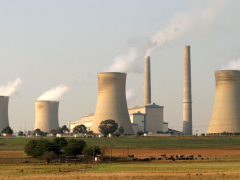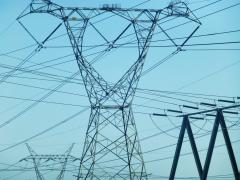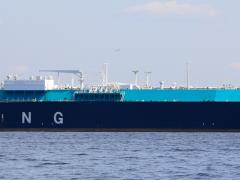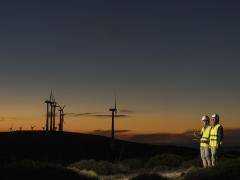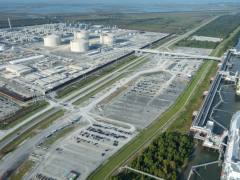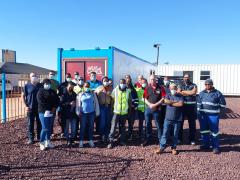Cummins recently provided a 20 MW proton exchange membrane (PEM) electrolyser system to generate green hydrogen, making it the largest in operation in the world.
The electrolyser system was installed at the Air Liquide hydrogen production facility in Bécancour, Quebec. The system can produce over 3000 t of hydrogen annually using clean hydropower.
“Creating hydrogen technologies at scale is paramount to growing low-carbon solutions,” said Amy Davis, Cummins Vice President and President of New Power, the company’s alternative power business. “We have successfully developed our technology from 1 MW to 5 MW, and now have the largest PEM electrolyser in operation in the world. It will continue to take enterprises, governments, forward-thinking customers and utilities all working together to make alternative power a reality. Here we are seeing how green hydrogen can improve sustainability for industrial manufacturing and how the demand for decarbonised hydrogen solutions will grow.”
The HyLYZER PEM electrolyser technology is the result of more than 20 years of development by Hydrogenics, a Canadian company which Cummins acquired in 2019, and of which Air Liquide retains a 19% stake. This installation in Quebec features four compact pressurised electrolyser skids which were fitted inside an existing building. This modular and scalable electrolyser platform is designed to address utility-scale hydrogen production.
Electrolysers provide a means to address one of the largest dilemmas in the renewable energy industry: how to store the energy when it is not in demand. Cummins’ PEM electrolysers enable the storage of excess energy which would typically be sold off to the market at a financial loss, or not harnessed at all. Instead, that energy is stored and can be sold into a new green hydrogen market. These systems can also be used to decarbonise multiple sectors including zero emission transportation, industrial processes and the green chemicals sector.
Cummins uses fuel cell technologies to power a variety of applications, including transit buses, semi-trucks, delivery trucks, refuse trucks and passenger trains and has made several recent investments to support the overall fuel cell ecosystem. This includes acquiring Hydrogenics, which provided Cummins with PEM fuel cells and both PEM and alkaline electrolysers, forming a joint venture with NPROXX to produce hydrogen storage tanks, and investing in the development of solid oxide fuel cells.
